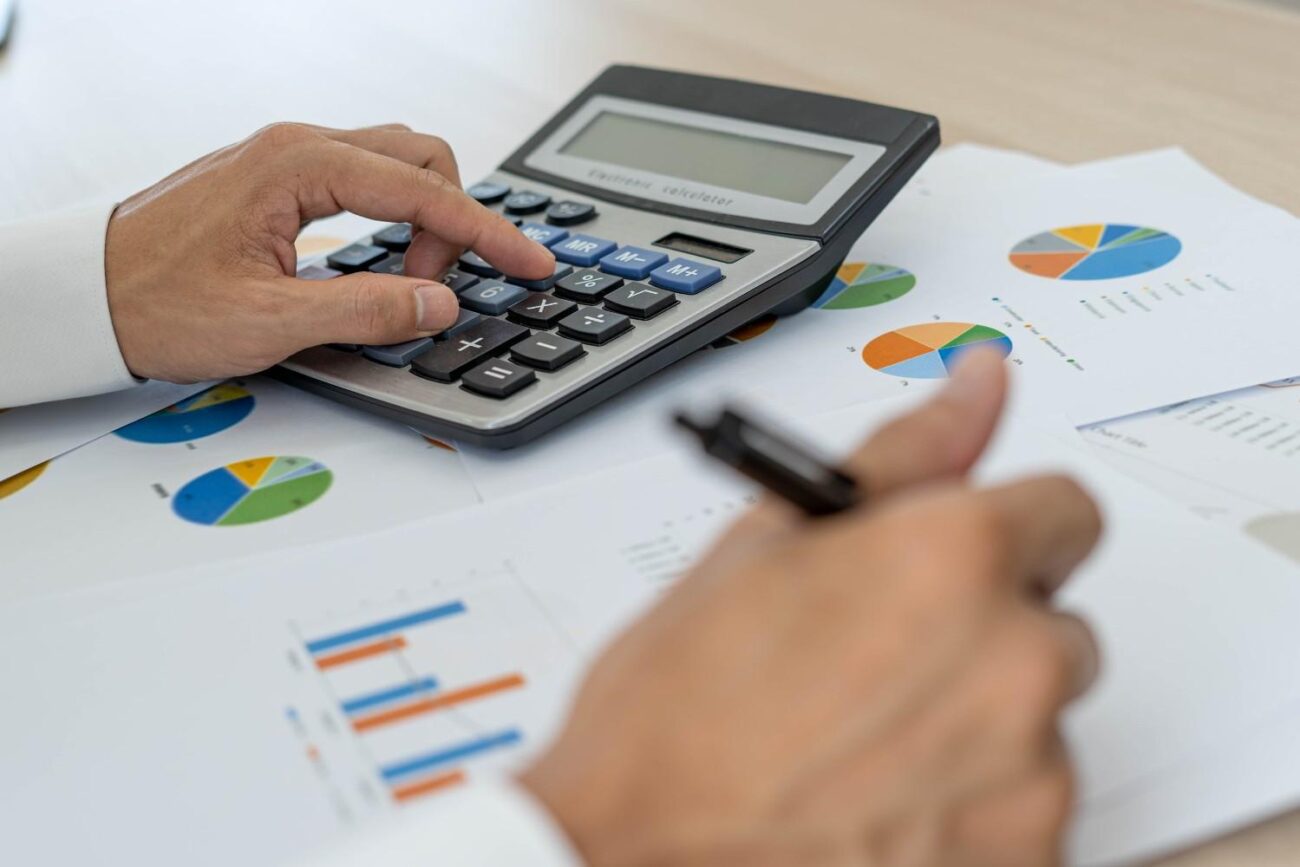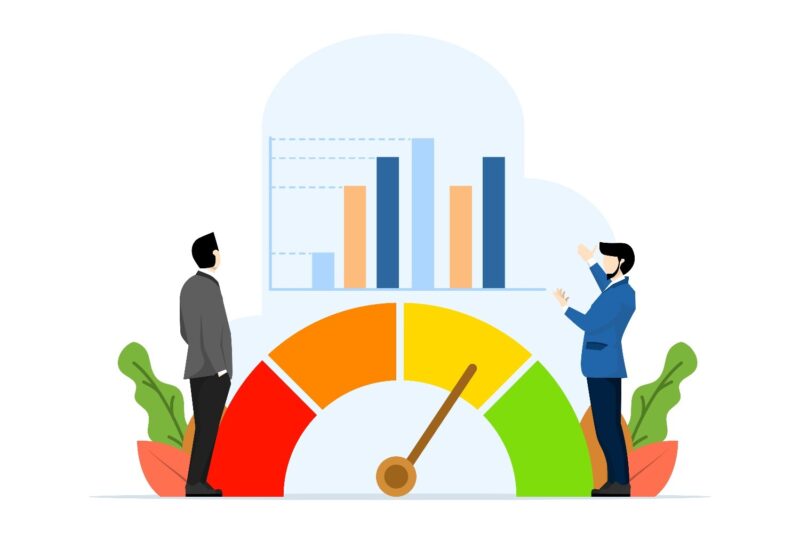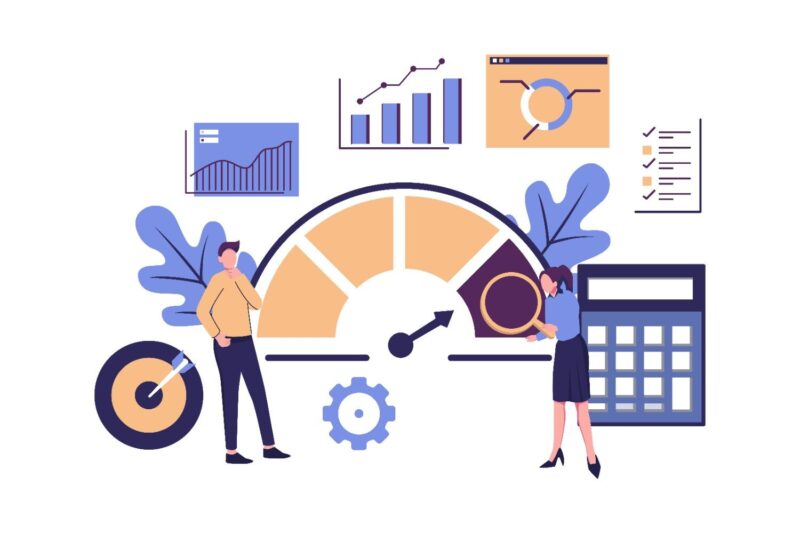We’ve all experienced it: a missed phone bill payment or an electricity bill payment that was just a couple of days late. It might not seem like a big deal, but did you know that unpaid utility bills can actually affect your credit score?
Let’s check how your everyday utilities, such as water, electricity, internet, or mobile bills, the missed payments can damage your credit score and at the same time how Olyv can be a helpful tool in keeping your payments up to date.
Understanding How Utility Bills Affect Your Credit Score
Your credit score is a number comprising three digits, which indicates your reliability in paying back the loans granted to you. Utility bills are also included in this calculation, though they are more associated with credit cards or loans, especially when they remain unpaid for a considerable time.
Typically, utility providers do not give the credit bureaus the information on regular monthly payments. Thus, your timely bill payments do not result in an increase in your score directly. However, if you do not pay and do not pay at all, your position can change very rapidly.
Here is how it works,
| Situation | Effect on Your Credit Score |
| Pay all bills on time | No negative effect |
| Missed payments under 30 days | Usually no immediate effect |
| Bills overdue beyond 60-90 days | May be sent to collections and reported |
| Unpaid bills are sent to a collection agency | Negative mark on credit report |
| Paid bills after collection | Improves your record, but the impact may remain for some time |
How Much Can It Affect Your Credit Score?
A utility bill that goes unpaid and is then charged off can result in a decrease of your credit score anywhere from 50 to 150 points; this greatly depends on your credit history as a whole.
If your credit score was really high, even a tiny unpaid bill could make a bigger impact. For a person with a lower score, the consequence may not be so drastic, but it will still be difficult to get new loans in the future.
What Kinds of Bills Can Impact Your Score?
You might be convinced that only the large amounts paid are relevant, but in reality, even the smallest unpaid bills can lead to a situation where the credit report is showing disaffiliation.
The list of payments that might contribute to the decline in scores is as follows,
- Electricity and water bills
- Internet and broadband bills
- Mobile postpaid bills
- Gas and DTH bills
- Rent payments (in case the landlord reports them)
Hence, it is not only your bank EMIs, but also your day-to-day payments that describe your financial reliability.
How Olyv Smartcoins Can Help You Stay Ahead
Staying on top of all your bills can be tricky, especially when there are multiple due dates each month. That’s where Olyv can make your life easier.
Here is how it can be of assistance,
- Tracks your credit score and alerts you to any negative activity
- Sends reminders for upcoming bill payments
- Let’s you monitor your credit health in one simple dashboard
- Provides tips to improve your credit score and payment discipline
With Olyv, you have the advantage of managing all of your payments in one place while at the same time reducing the worry of missed bills negatively impacting your credit history.
Tips to Avoid Credit Damage from Utility Bills
Below are some simple yet effective daily routines that can safeguard your credit score,
- Set up automatic bill payments through your bank or e-wallet.
- Regularly review your bills so that no overdue fees are unobserved.
- Always keep the evidence of payments in case there are billing disputes.
- Monitoring your credit report by using tools like Olyv will help you catch any negative entries very early.
What to Do If Your Bill Is Already in Collections
If a utility bill has gone to collections already, you shouldn’t panic; the situation still has a solution.
- Contact the provider and clear the dues as soon as possible.
- Request a “paid” status update from the collection agency.
- Check your credit report to ensure it reflects the change.
- Continue building a positive credit record by paying future bills on time.
Conclusion
Unpaid utility bills might seem small, but they can leave a big mark on your credit score if ignored. Once they are in collections, they can reduce your score and make it difficult for you to obtain a loan or even a credit card. The best way to deal with this issue is payment of bills on time, be organised, and regularly monitor credit. Also, note that good financial practices today can not only protect your credit score but also provide a bright financial future.



